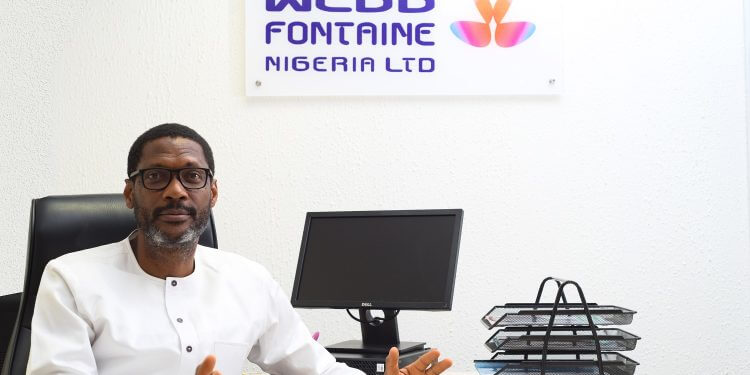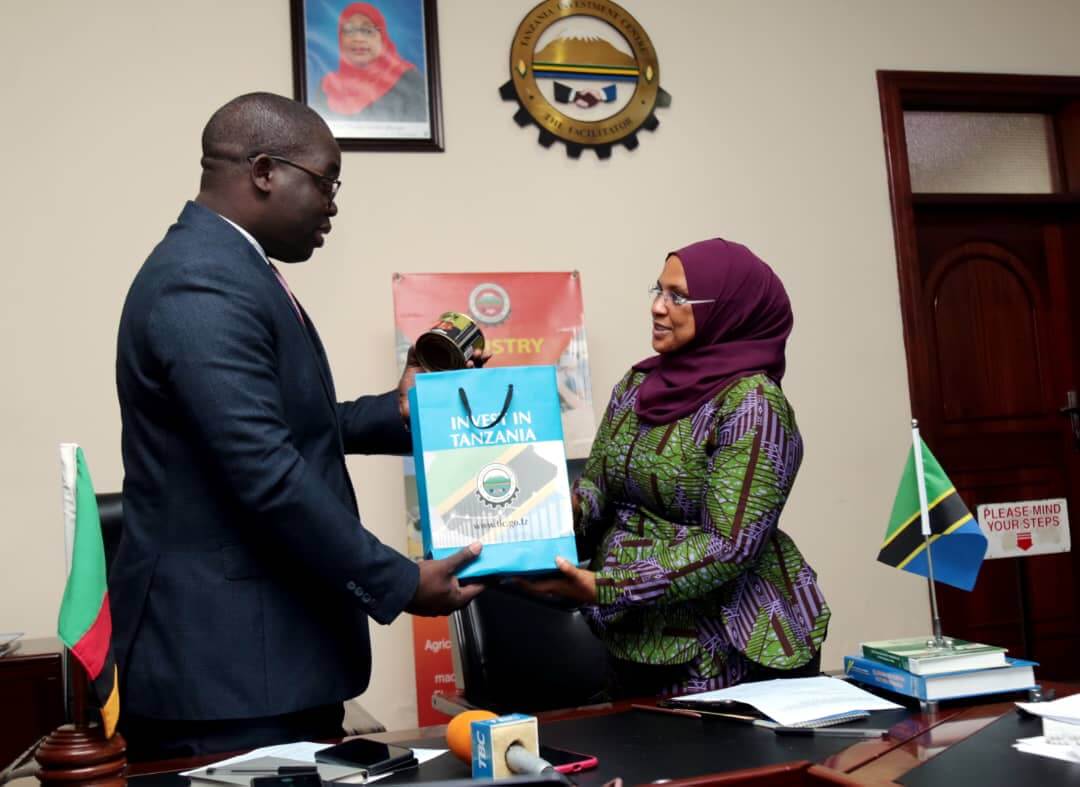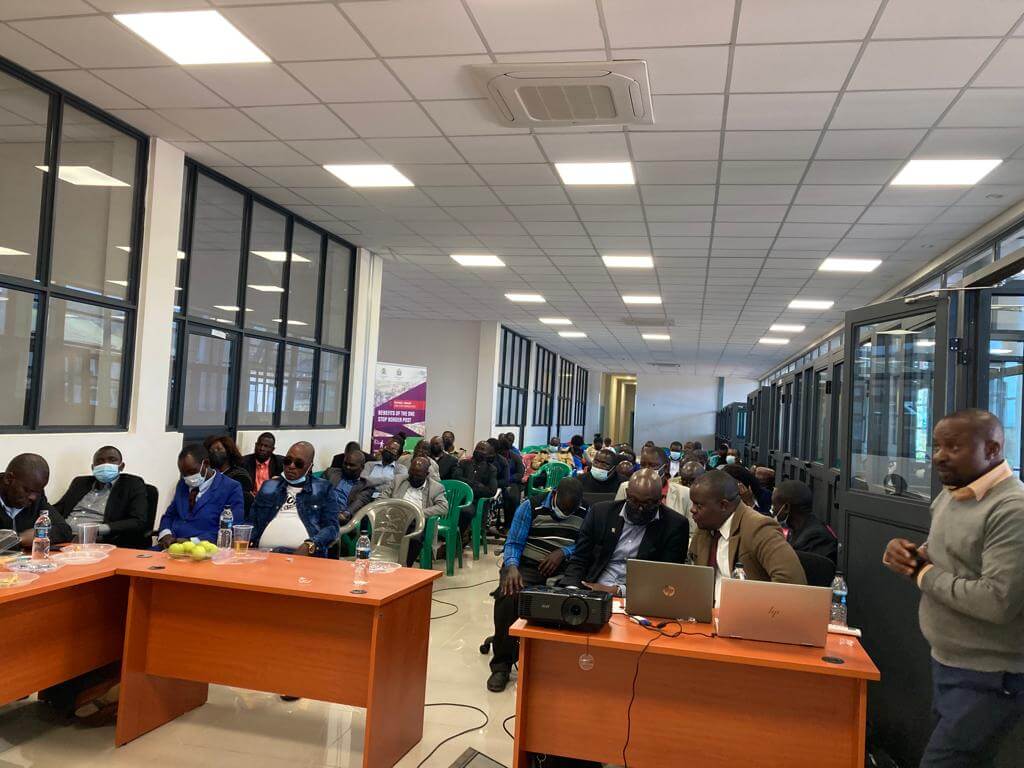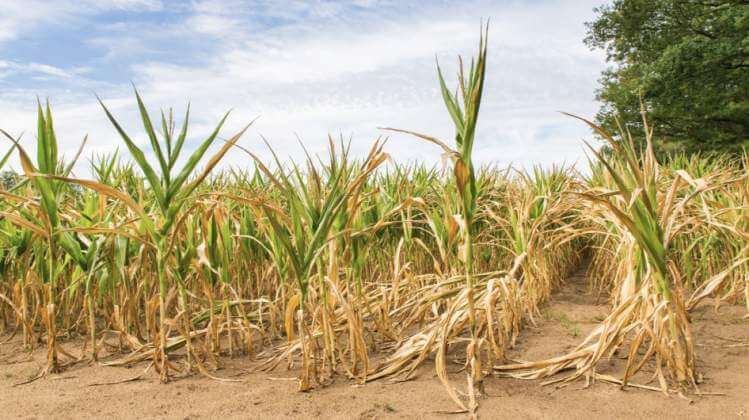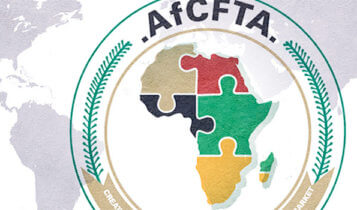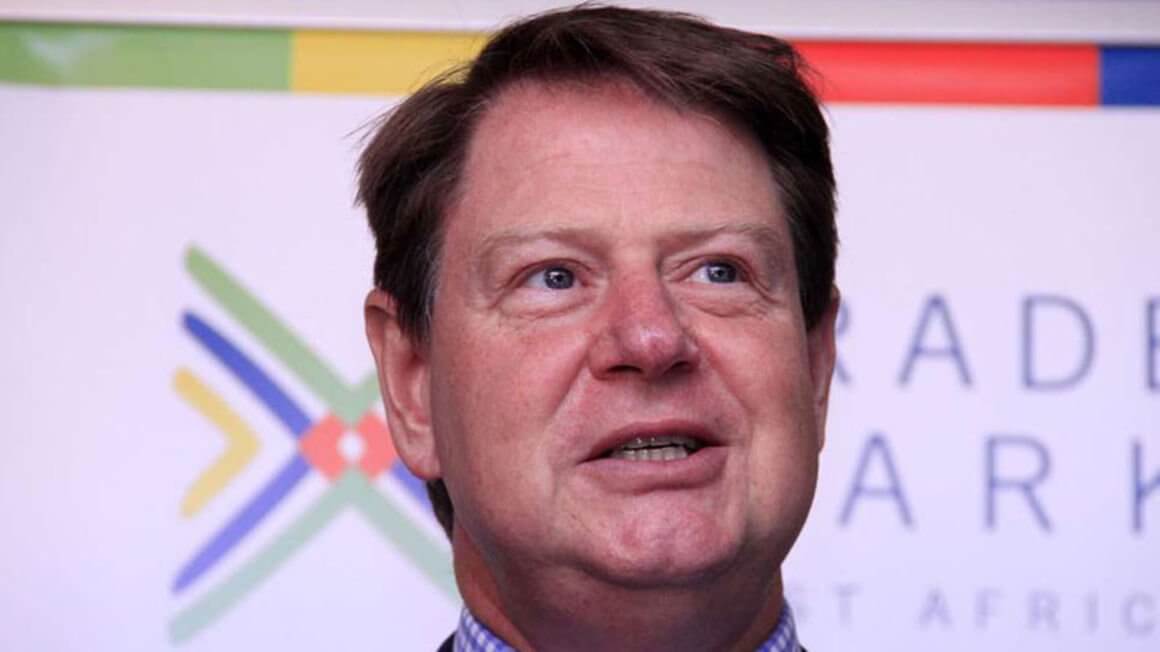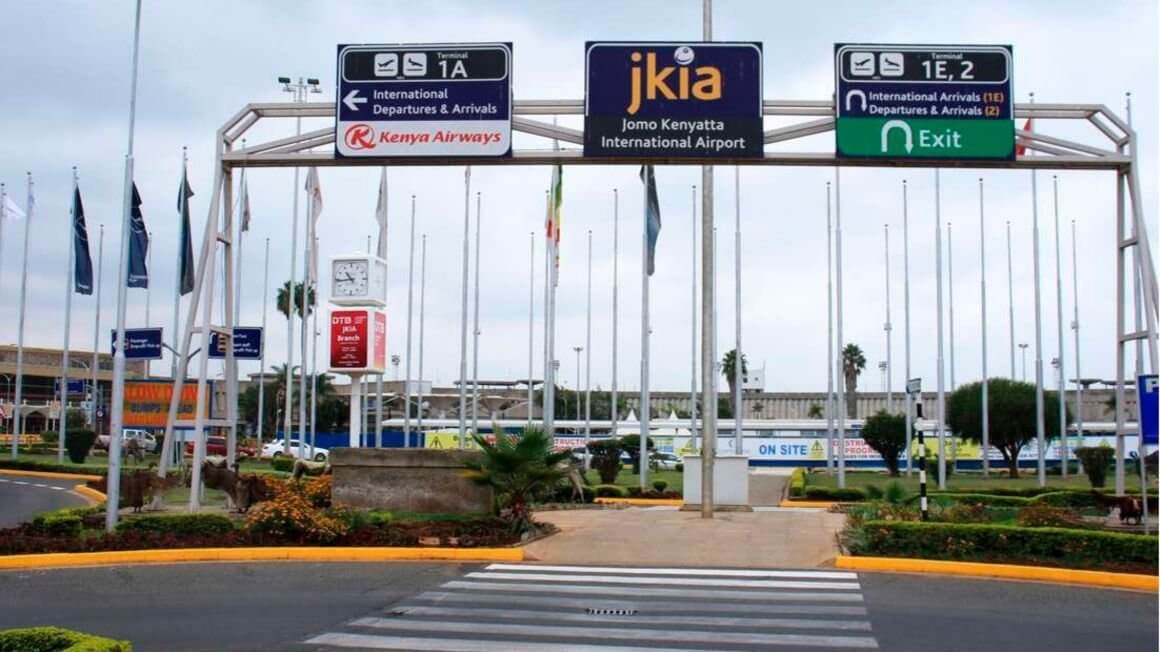Digitalization brings new opportunities in trade and creates the potential to underpin resilience in times of crisis The digital transformation of customs and borders in Africa could improve efficiencies in processes and yield trade gains on the continent of US$20 billion a year Single Window can cross-check credentials for consistency and traceability, reducing errors and fraud The digital transformation of customs and borders in Africa could improve efficiencies in processes and yield trade gains on the continent of US$20 billion a year. Digitalization brings new opportunities in trade and creates the potential to underpin resilience in times of crisis. The digital transformation of customs and borders in Africa could improve efficiencies in processes and yield trade gains on the continent of US$20 billion a year. With digital trade in place, pre-existing bottlenecks in infrastructure can be tackled, efficiencies can be leveraged, and Innovative solutions can be harnessed. However, countries in Africa vary greatly in their readiness for digital trade. In African countries where economic resilience must be fostered, jobs must be created and entrepreneurship must be facilitated, digital trade must be in full swing. How digital automation is easing the flow of trade Thanks to technological advances, importing and exporting goods and services in Nigeria has become easier thanks to the rise of online international trade administration portals. These online portals automate the experience for many stakeholders including customs officials, businesses importing finished goods and raw materials for manufacturing, and those exporting their goods across the globe. Blockchain technology, Artificial Intelligence (AI),...
Digital trade key to unlocking Africa’s economic potential
Posted on: August 8, 2022
Posted on: August 8, 2022

